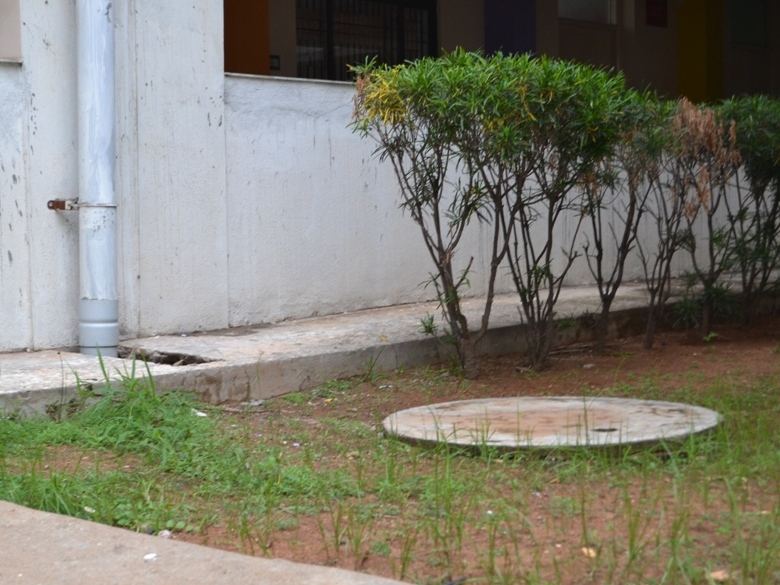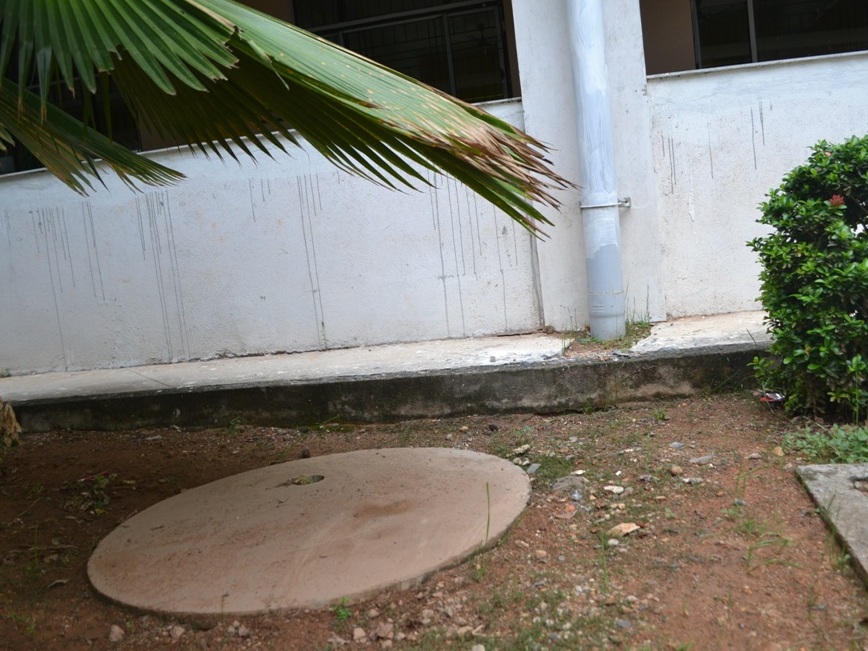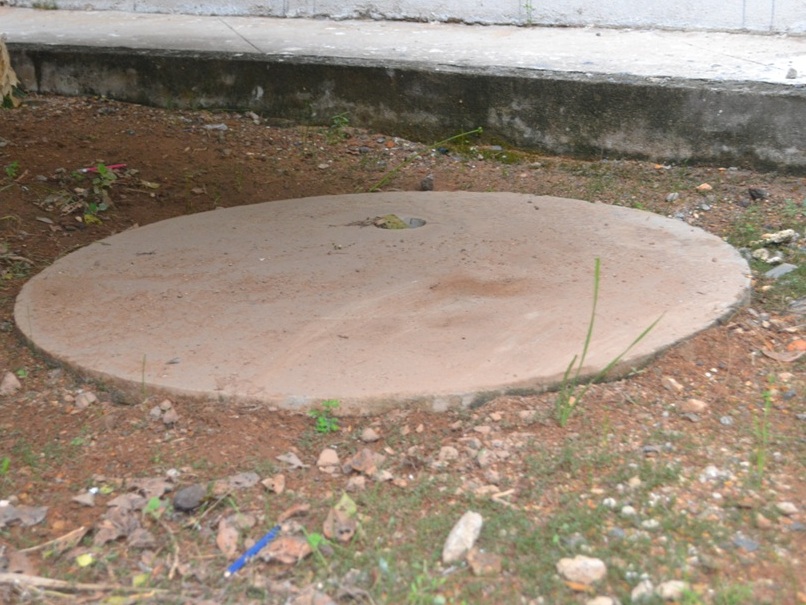As defined by the Center for Science and Environment, Government. Rainwater irrigation schemes in India use the concept of conserving rainwater as it comes and have the following advantages:
- Helps satisfy ever-increasing demand for water.
- Improves freshwater consistency and quantities.
- It helps to control urban flooding.
- It helps to minimize soil erosion.
There is a high demand for water in the Engineering College for labs for use in experiments, drinking services, laundry, horticulture, etc. Water is used for dining, canteen, toilet, laboratory and gardening purposes. The institute ensures that water wastage is reduced at an optimum degree by daily inspection of taps and pipes.
The Chennai Institute of Technology has unveiled a rainwater harvesting system with a dedication to support the city and the world. Rain water can be obtained from the roof of residential buildings and inns, the water collected is diverted to a deep pit.Harvested water used primarily for the purpose of recharging ground water to overcome the loss of groundwater. Three feet in diameter and twelve feet in length were shaped like structures and rainwater was stored in the pits.
Water is processed in a RO plant with a capacity of 2000 L/h. Gardens are irrigated using a drip/sprinkler irrigation system to conserve water. Signboard signs and banners are made for knowledge building at Hostels and College Campus.










